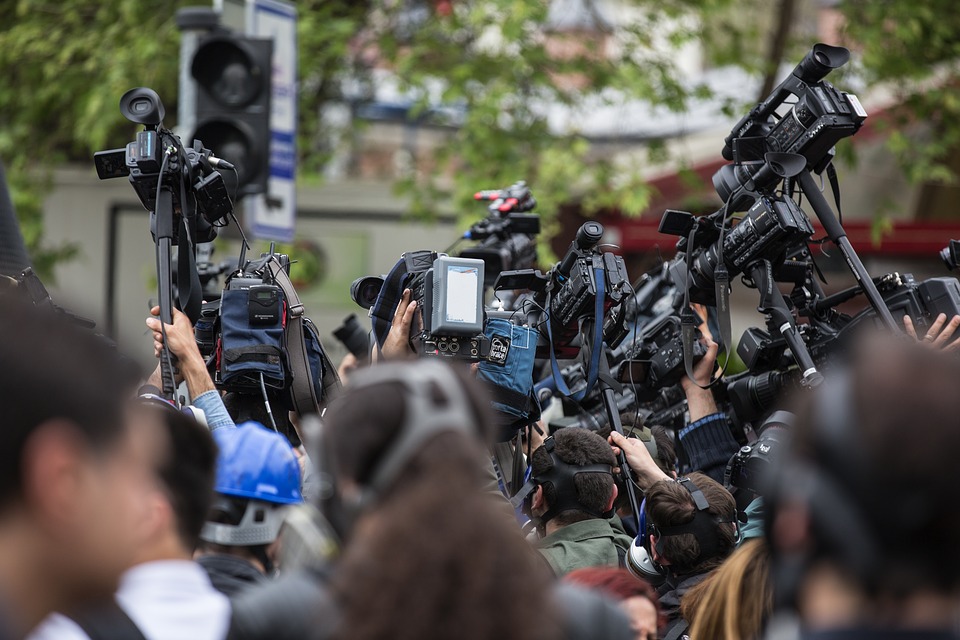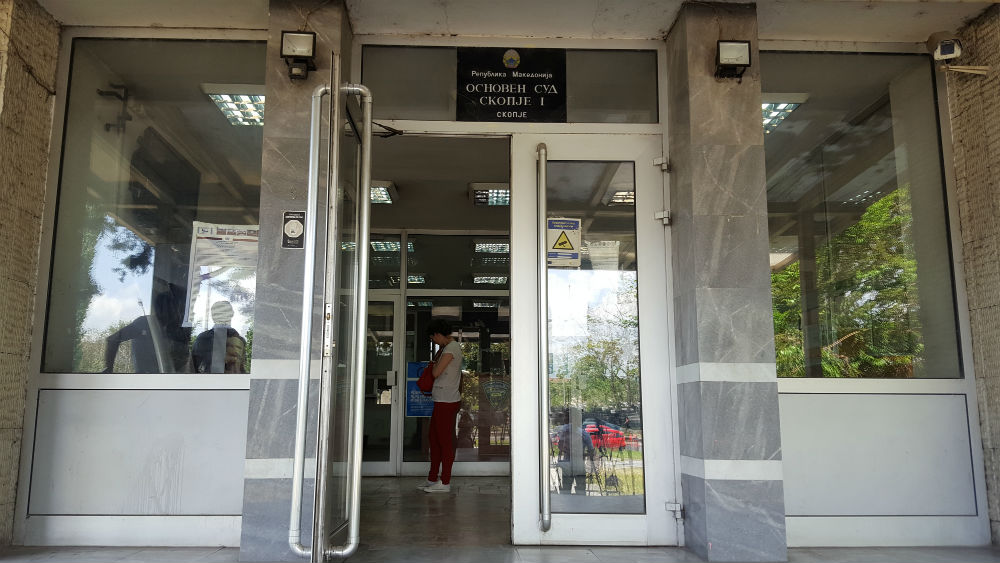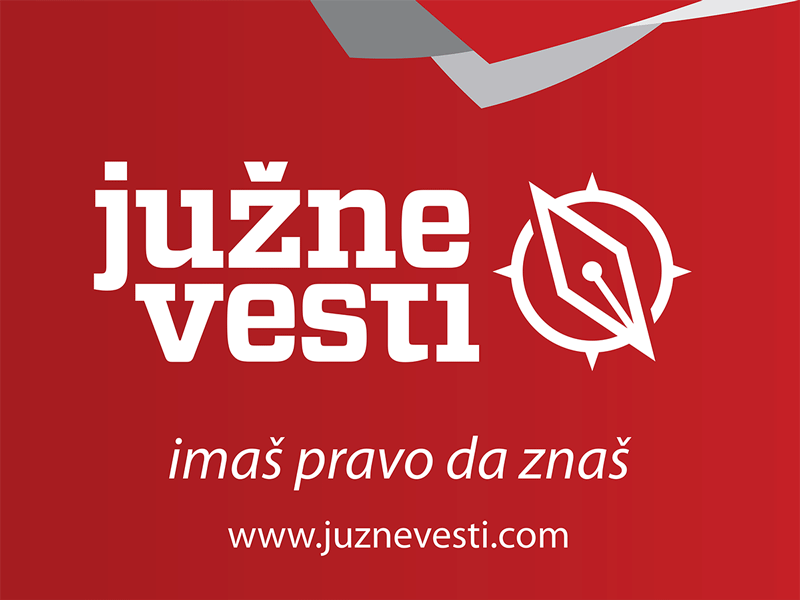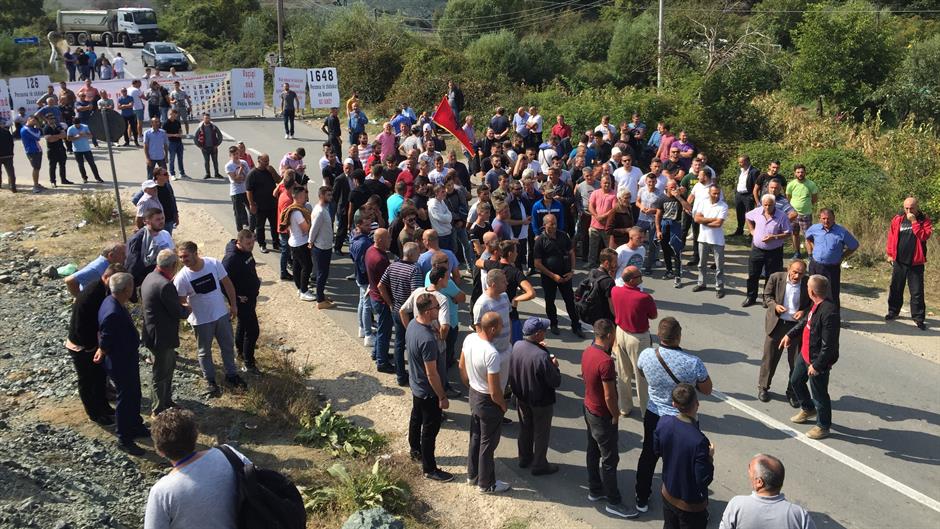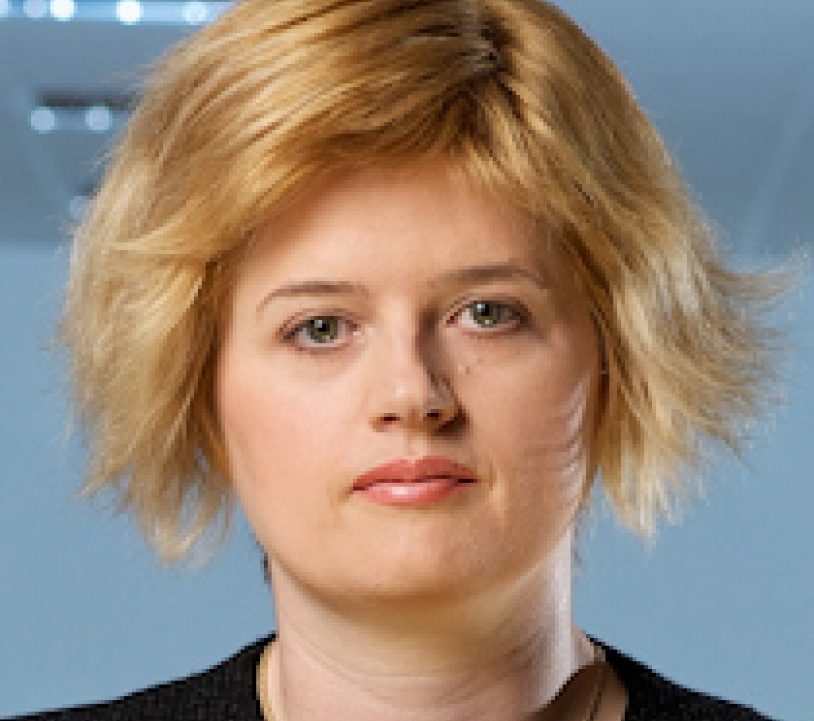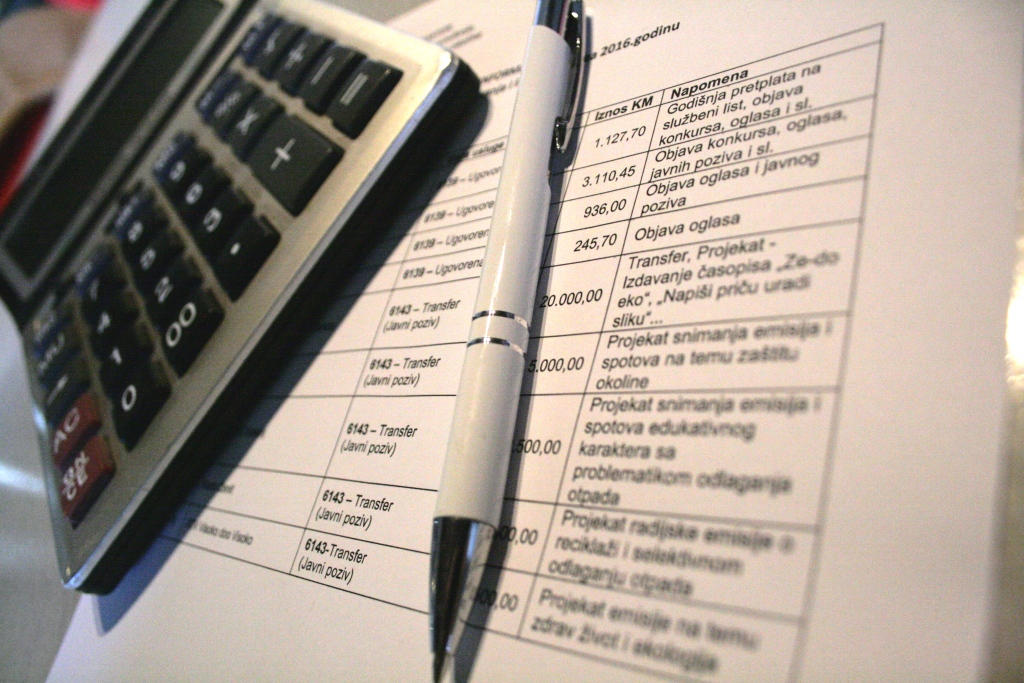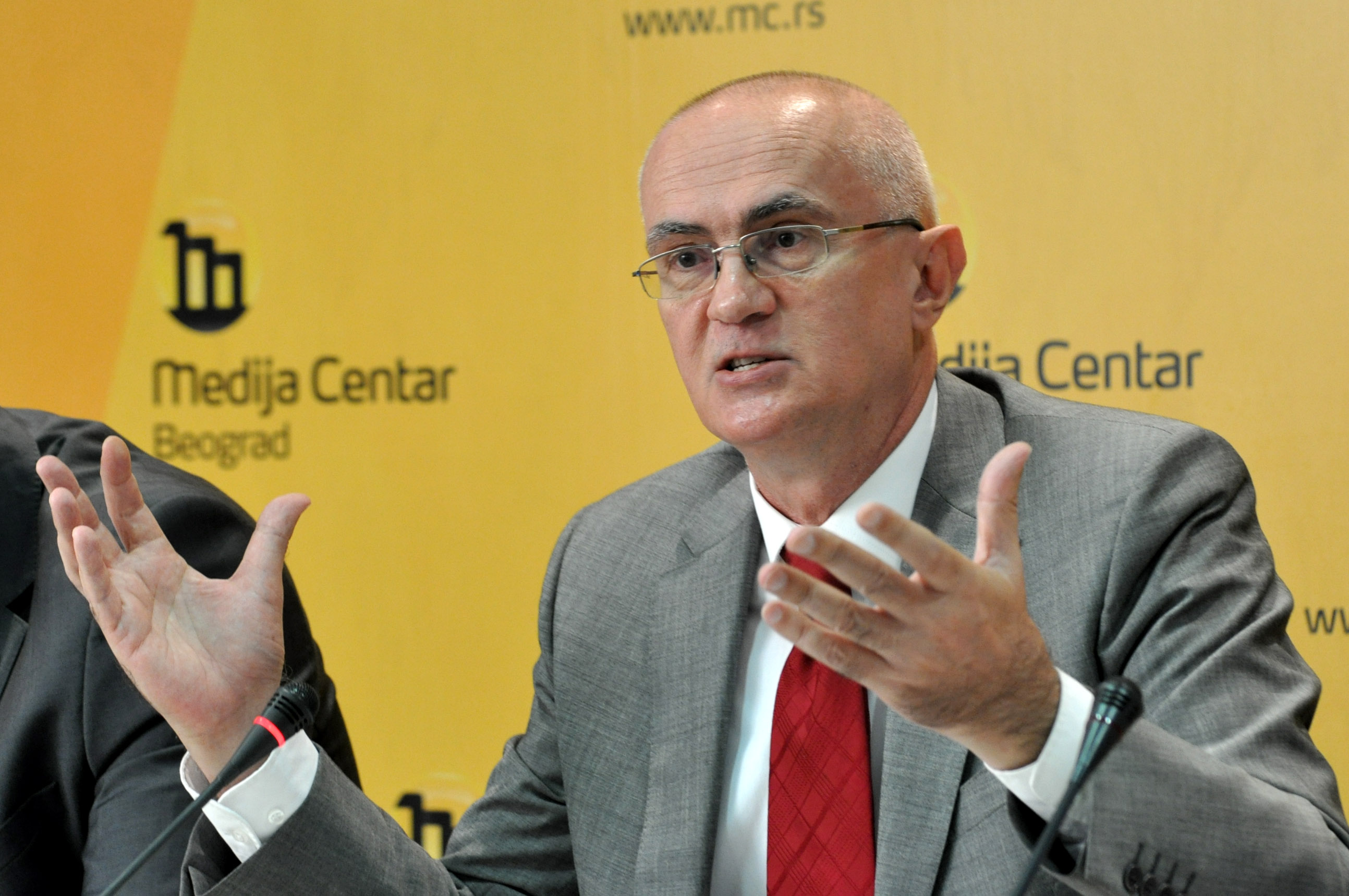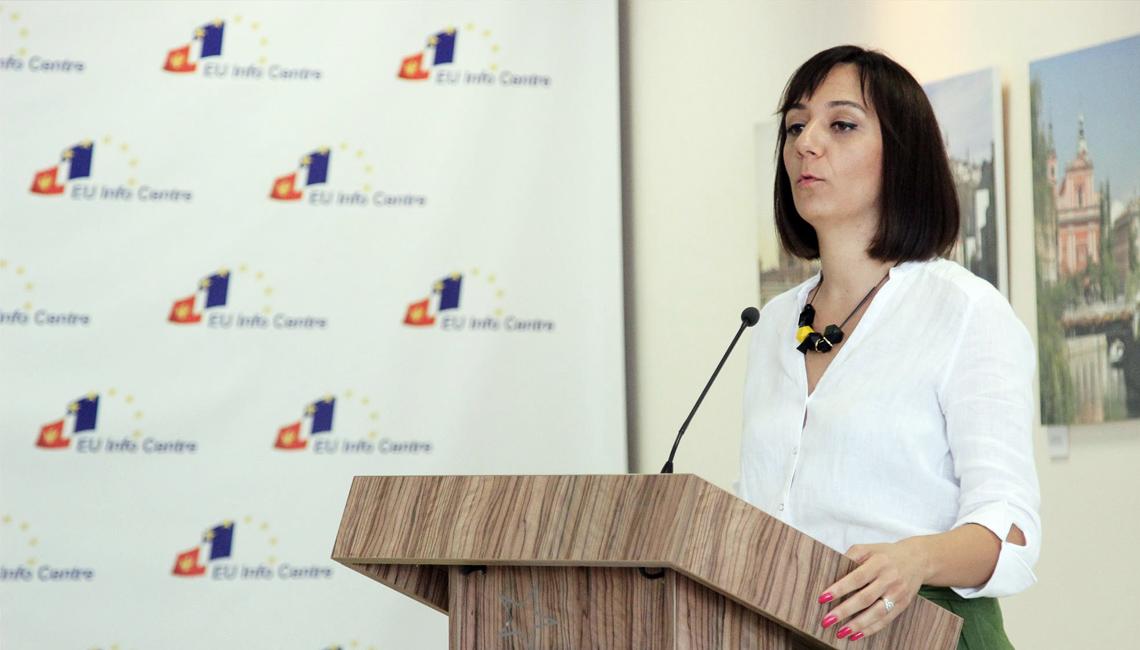NIŠ, 11.09.2018. – Odavno nismo više deca, donekle jer su nam kao narodu ovi i slični njima oduzeli detinjstvo i primorali nas na život u nadrealnoj realnosti mnogo ranije nego što bi to bilo kome trebalo da se desi.
Kažem nismo deca pa da verujemo da ako sve radimo po zakonu i pripadajućim tumačenjima i mišljenjima nećemo doći u situaciju da ipak nešto nije baš kako treba, da moramo zajedno da se bavimo edukacijom poreskih inspektora, da objasnimo, razjasnimo i pojasnimo neke stvari, kako smo i zašto došli do nekih procedura, obračuna i da svakako nismo bez konsultacija sa knjigovođama, savetnicima i pravnicima tumačili bilo šta.
Znamo da nam “posebnu pažnju” pridaju oni o kojima pišemo i da ne smemo da ostavimo otvoren prostor za bilo šta što nije u skladu sa zakonom.
Nažalost, očekujemo da igra nije fer, da se poslovanje pretriše i traži bilo šta što bi nas diskreditovalo i etiketiralo kao “nečije”, odnosno kao neprijatelje države.
Tako je bilo prethodnih godina u procesima poreske i finansijske kontrole. Nismo se žalili nikome, već smo radili, interno i zajedno sa partnerima, pa i inspektorima, da sve dovedemo u najbolji mogući red.
I nikad nisu utvrđene nepravilnosti.
Ali neko je rešio da promeni pravila igre i promeni polaznu tačku.
Krivi smo jer radimo
Kada se u kontrolu polazi sa stavom da je neko kriv pre nego se dokaže drugačije, a uz to i ne sme da se dokaže drugačije, ne govorimo više o činjeničnom stanju, već o traženju, da ne kažem izmišljanju, pojedinačnih informacija i situacija koje bi opravdale polazni stav, odnosno utvrdile krivicu.
Demostracija sile i zloupotreba institucija u cilju uređivanja, ili bolje rečeno dovođenja u red, njihov red, jednog regionalnog medija koji skoro 10 godina radi “onako kako ne bi trebalo” po rečima dušebrižnika, odnosno medija koji radi u javnom interesu.
Vreme je takvo da moramo da radimo i na građenju javnog interesa, na podsećanju građana šta su njihova prava sa jedne strane i na podsećanju institucija i javnih funkcionera, sa druge strane, šta su njihove obaveze i kome su oni odgovorni na kraju – građanima.
Prethodnih godina uspeli smo da pozovemo na odgovornost i institucije i pojedince, da dovedemo do nekih, čini se malih, ali bitnih promena u lokalnim zajednicama u kojima radimo.
Uspeli smo da stavimo naš rad u fokus na nacionalnom nivou, kada lokalne teme to zahtevaju, sa jasnim ciljem: da zaštitimo interese građana.
I to je problem. Zato smo mi problem. Zato je potrebno da nas neko dovede u red.
Tamo gde je štampa slobodna, i svaki čovek u stanju da čita, sve je sigurno.
~ Tomas Džeferson
Eksperiment za egzekuciju
Ovo nije priča o Južnim vestima, nije priča o jednoj firmi koja bi da izbegne bilo kakvu odgovornost, da bude iznad zakona.
Ovo je priča o eksperimentu i traženju načina da se u zakonskim okvirima, ili bolje rečeno procepima, urede mediji koji su preživeli dosad, koji se istinom u profesionalnim, zakonskim, moralnim i etičkim okvirima opiru i bore protiv režima demagogije, korupcije i malverzacija.
Izgleda da je plan da “rešenje problema” bude izmišljeno poresko rešenje. Zloupotreba poreskog postupka i post-poreskog postupka.
Kako to izgleda u praksi?
Prvo dobijete zapisnik o poreskoj kontroli na koji možete da se žalite istoj filijali Poreske uprave, da ne kažem inspektorima koji su zapisnik i sastavili.
Epilog unapred definisan – dobijate rešenje o procesu poreske kontrole koje je identično zapisniku, eventualno uz neke dopune i obrazloženja.
Jer žalba na rešenje ne odlaže izvršenje.
Na rešenje možete da se žalite Ministarstvu finansija, pod čijom ingerencijom je Poreska uprava. Epilog unapred definisan.
Treća instanca je Upravni sud, gde proces prema procenama advokata traje godinu ili 2.
Podsetimo se: Žalba na rešenje ne odlaže izvršenje.
Ukratko: u postupku poreske kontrole inspektori i Poreska izmisle prekršaj ili konstatuju milionski dug, vi platite, oni misle da ste se opametili, da ste naučili lekciju i svi namireni, i poručioci i izvršioci.
Nastavite da radite, poručioci vide na niste naučili lekciju, pošalju novu poresku kontrolu, a vi dobijete novi izmišljeni prekršaj ili dug od 3, 5 ili 10 miliona.
Jer morate ili da naučite lekciju ili da nestanete.
Da podsetimo: Žalba na rešenje ne odlaže izvršenje.
Dakle, iako je Poreska izmislila nešto što nigde zakonom nije definisano oslanjajući se baš na to da nigde nije definisano ni da nije tako (kriv dok se ne dokaže suprotno), u idealnom scenariju vi platite, pa se sudite i plaćate sve usputne troškove, a kad se dokaže da ste u pravu, onda vam Poreska vrati novac sa kamatom.
Pod uslovom da preživite do tad. Ali takav je i plan. Da ne preživite.
To je “lekcija” koja se šalje kao jasna poruka ostalima – u ovom obračunu vi nećete da preživite.
Egzekucija institucijom Poreske uprave.
Sa druge strane, ko će da plati kamatu na iznos koji je vam je protivpravno ili protivustavno naplaćen, a koji će vam Poreska vratiti posle nekoliko godina sudskog postupka?
Građani, naravno. A ko će da bude odgovoran? Niko, naravno.
I tu nije kraj.
Partneri. Prijatelji.
Na sreću ili na žalost, u ovom procesu se ispostavilo da su i saborci.
Sve ono što zajedno godinama gradimo – kulturu, odnose, pa u krajnjoj liniji i neku ideologiju i viziju koju delimo, biva zloupotrebljeno na najružniji i najprimitivniji način.
Partnerima se preti, vode se na ispitivanja, jer kako drugačije nazvati kombinacije kratkih rokova za dostavljanje dokumentacije koju oni nisu dužni ni da poseduju, pretnje i bahato ponašanje pojedinih inspektora, insistiranje na pojedinostima koje nikako ne mogu da budu predmet postupka poreske kontrole, već samo metodologija koja je posledica straha da predmet mora da se dovoljno popuni da neko vidi da je posao temeljno rađen.
Poslovni planovi, analize tržišta, dokumenti o strateškom razvoju. Sve o medijima, za medije i medijske organizacije.
Da li su to dokumenti koji bi trebalo da budu deo izveštaja poreskih kontrola?
Brinuli smo se o našim partnerima od samog početka, brinuli smo se dok je trajala kontrola, brinućemo se zajedno jedni o drugima i u svakom narednom pokušaju da se diskredituje i zloupotrebi naš rad na bilo koji način.
Hvala prijateljima i partnerima na vremenu, strpljenju i poverenju.
Da li cilj opravdava sredstvo?
Kod pojedinih inspektora smo mogli da namirišemo i stid, pa čak i gađenje zbog svega što se dešavalo. Neke bitne informacije o koruptivnom delovanju i instruiranju celog procesa smo dobijali direktno iz njihovih redova.
Kod drugih se osećala samo beskrupulozna glad da se udovolji nekom šefu, vođi, ili da se ispune ideološki ciljevi iz Orvelovske 1984.
Egzekucija institucijom Poreske uprave o trošku građana – poreskih obveznika.
I na kraju – nije kraj
Ceo proces nas je do sada koštao mnogo, u novcu, resursima, energiji ljudi na svakom mogućem nivou.
Platili smo oko 600.000 dinara manji PDV u kvartalu kad smo bili pod agresivnom kontrolom. Nismo mogli da isporučimo neke usluge, neki poslovi su i propali.
To je 600.000 dinara manje u budžetu direktno i samo od nas.
Ali smo i naučili mnogo.
Nismo usamljeni. Niste usamljeni u ovoj borbi. Nismo ludaci ili možda jesmo taman toliko koliko je potrebno da se ovim drugim ludacima stane na put i pošalje jasna poruka.
Epilog
Proces je nešto što je uređeno, tako da mi nismo imali proces poreske kontrole, nego dezinformisano, loše instruirano i nekoordinisano bahato ponašanje pojedinaca, koje je rezultovalo paničnim ponašanjem institucije koja bi trebalo da uvede red i funkcioniše u okviru zakona pre svega, a sve u javnom interesu.
Ponoviću da se ovde ne radi o Južnim vestima, već o zloupotrebi institucijePoreske uprave.
Ne tražimo privilegije i ne bežimo od odgovornosti, ali zahtevamo da odgovornost bude utemeljena u zakonima i/ili dokazana na sudu.
Ne želimo da premijerka, ministar finansija ili predsednik kažu “ostav”, jer to onda nije Država i nisu institucije.
Tražimo odgovornost pre svega Ministarstva finanasija – Poreske uprave, jer je ta institucija dala legitimitet celom procesu time što je odbila žalbu na rešenje doneto od strane filijale Poreske uprave u Nišu.
Tražimo odgovornost filijale Poreske uprave u Nišu, odnosno pojedinaca koji su direktno ili indirektno učestvovali u ovom procesu.
Imenom i prezimenom.
Saberimo se
Ako na trošak ove poreske hajke dodate angažovanje armije inspektora, njihov rad vikendom, potencijalno plaćanje kamate po okončanju procesa pred sudom, manji iznos PDV-a koji smo platili, šta je konačni rezultat?
Ko sve to plaća? Građani, naravno.
Posle 6 meseci represije od strane Poreske uprave, rezultat je šta i u čijem interesu?
Odgovor na ovo pitanje ostavljam vama.


